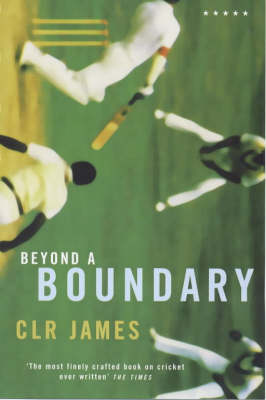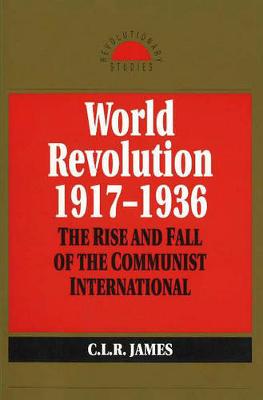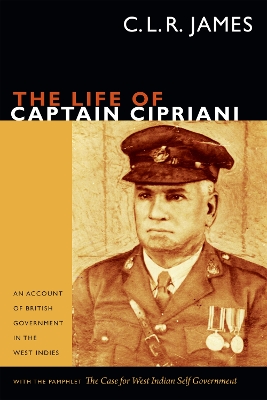The C. L. R. James Archives
3 total works
Great claims have been made for [Beyond a Boundary] since its first appearance in 1963: that it is the greatest sports book ever written; that it brings the outsider a privileged insight into West Indian culture; that it is a severe examination of the colonial condition. All are true. Sunday Times "[Beyond a Boundary] remains among the five best cricket books ever written, and anyone who has not encountered it should seize the chance now." Sunday Telegraph ". . . not only the most finely crafted book on cricket ever written, it is also the most penetrating study of pre-Independence West Indian society." The Times ". . . a complex interweaving of the history and development of West Indian cricket into the tapestry of West Indian politics and history. . . .A rich and rewarding mix, this was one of the first books to demonstrate how penetratingly good sports books can be." Arena
Written in 1937, World Revolution was a contemporary attempt to synthesize the experience of the revolutionary movement after World War I. James's analysis of the Soviet Union bears a surprising freshness, and many of his predictions have proved amazingly accurate.
The Life of Captain Cipriani (1932) is the earliest full-length work of nonfiction by the Trinidadian writer C. L. R. James, one of the most significant historians and Marxist theorists of the twentieth century. It is partly based on James's interviews with Arthur Andrew Cipriani (1875-1945). As a captain with the British West Indies Regiment during the First World War, Cipriani was greatly impressed by the service of black West Indian troops and appalled at their treatment during and after the war. After his return to the West Indies, he became a Trinidadian political leader and advocate for West Indian self-government. James's book is as much polemic as biography. Written in Trinidad and published in England, it is an early and powerful statement of West Indian nationalism. An excerpt, The Case for West-Indian Self Government, was issued by Leonard and Virginia Woolf's Hogarth Press in 1933. This volume includes the biography, the pamphlet, and a new introduction in which Bridget Brereton considers both texts and the young C. L. R. James in relation to Trinidadian and West Indian intellectual and social history. She discusses how James came to write his biography of Cipriani, how the book was received in the West Indies and Trinidad, and how, throughout his career, James would use biography to explore the dynamics of politics and history.


